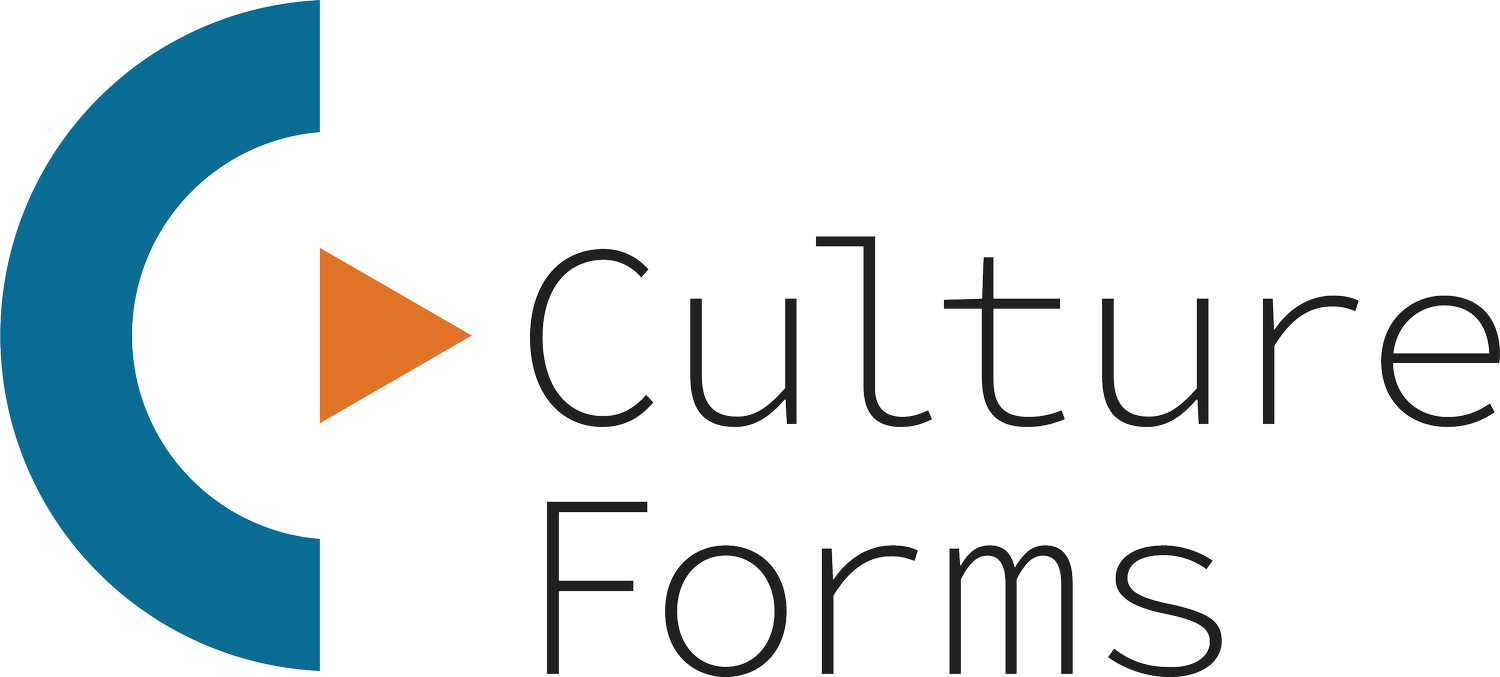Summer in Spring
I had forgotten what it felt like to anticipate something. Rather, I had forgotten what it felt like to anticipate something with certainty, the way students and teachers count down days until summer vacation. Being a writer can feel like a constant state of uncertain anticipation: for words to come down from the muses; for responses from friends reading a new draft; for expected and unexpected news. Come to think of it, being a consultant can be like that, too.
An email appeared, inquiring if I was available to attend a residency that I had forgotten I’d applied to more than a year ago (unexpected news).
I had applied once, many years before, and when I read a strange novel by Lore Segal (some of which takes place at the famed estate in New York), I decided to try again.
For a few weeks now, I’ve been swirling in the imaginative properties of anticipation. Here’s what I’ve noticed so far about the news:
It made me tackle a shoebox of receipts and paperwork to file
It made me reacquaint myself with the books I’m writing (a novel, a nonfiction book of prose, assorted books of poetry) and make a pile of books I want to read
It helped me plan with greater intention when to host upcoming CAGs and new programming for CAG alumni
Most significantly, however, it’s made me think about how I use my time when I’m not on a residency, which is to say, most every day of my life.
In a recorded interview with the director of the residency, I heard her say how, when one arrives, they are asked whether they will want internet access during their time there. If the person does, the staff give them the password. If they say they don’t, the staff will not give them the password — even if they ask for it later. I’m not sure if that’s myth or an actual practice, but it made me think. Hard.
If you had the opportunity to turn off the internet for six weeks, would you want to? became a question I carried into every conversation across the weeks.
A friend said she’d want it to be like summer camp in 1978. On the other hand, two mentors suggested (on the same day) that I had plenty of self-discipline (I was shocked and then shocked that I was shocked), and suggested I try checking email once or twice a week.
My first instinct was to spend three weeks without access, to feel the effects of detox and time being different, but plan ahead to have access for the second half. Sometimes I use the internet to write; the final season of Succession will air while I’m there, and the show is a font of inspiration. (Cousin Greg’s question “What am I going to do with a soul anyways” could surely be an epigraph for something.)
In my application, I said that I was looking for a span of time to work on poetry after spending years building this unique job in which I apply the tenets of poetry to community building. Last winter, I carved out a week to revise a book-length poem. In summer, I was able to fashion two DIY residencies out of house sits. This fall I wrote a novel unexpectedly, which helped me better see the contours of another book I’ve been leaning toward for years, one that I’ve begun to write, post by post, on this Log.
When I was in high school, my mother implored me to take a break from my math homework with my English homework, which has continued to be a way that I work. I’ve grown the business while finding cubbyholes in which to write. I’ve never been on a proper residency before this, but I’ve also never been so queued up to focus on writing.
The other day, as if I was channeling what I might say to a client, I began to wonder how I might shift the way I used the internet right now. As if training for something, I thought, I can create new habits in March instead of waiting until April and May. I set limits on apps on my phone and practiced quitting the mail application during stretches in the day. I started sending more letters in the mail. As I continue to anticipate what’s possible, I’m glad I have another month to try these small, important changes.
